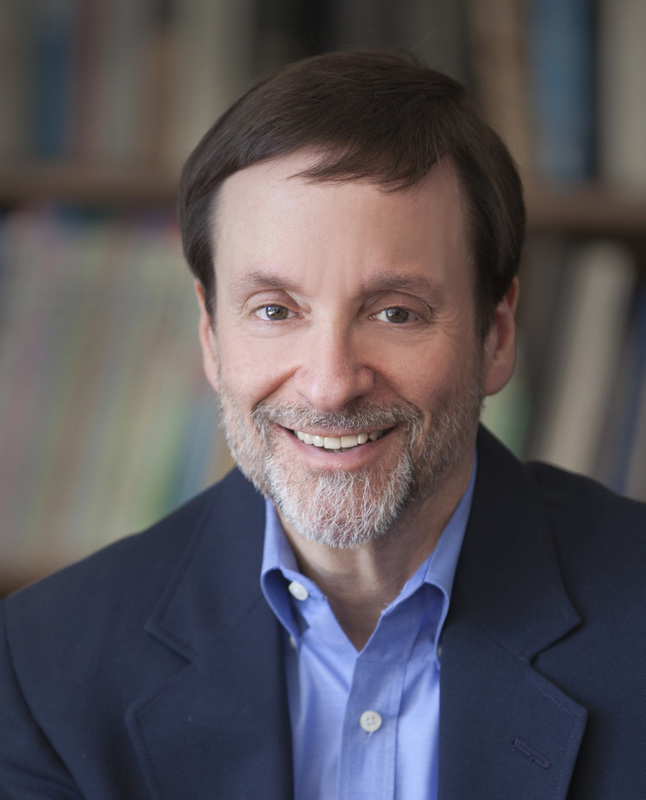
Everyone I know seems to be learning about Buddhism, and most of them are reading Thich Nhat Hanh, a celebrated monk, teacher, author and peace activist. His voluminous works have struck a cord with Western audiences. A recent book, You Are Here, seemed like a good place to start. What stuck in my mind after the first chapter was what stuckin my mind at the end of the book:
“Breath In: I know I am breathing in
Breathe Out: I know I am breathing out”
I tried it on a walk around Pelican Cove, a beautifully landscaped condominium development in Sarasota, and it worked. Perhaps it is no more than a way of blocking out thoughts so one can focus on the here and now. Was my enjoyment of the foliage increased, as he promised, 100 times? 1000 times? 10 times? I’m a skeptic, but I’d have to say it was at least 3 times, maybe 4.
But the more you read the more complicated it gets. There are teachings, glosses, a certain way of looking at life, experience, the cosmos. There are four Dharma Seals, five Elements, fifty one Mental Formations and fourteen Mindfulness Trainings. You can’t just do it yourself, you have to join a sangha, a community of Buddhist meditators). So I’m looking up my local Thich Nat Hanh related sangha on the internet, reprising my technological imprisonment.
You are not allowed to have any concepts in the Buddhist world of non-being and non- birth/death. Non-being and non-birth/death are not concepts—except when they are—when you think about them too much. Which you shouldn’t. So I have to practice not thinking about them, which for my mind, is hard to do without thinking about them.
I do like the idea that I needn’t be afraid of death because my life is only the current manifestation of me. When I die—or not-die—it’s just a change in my manifestation. Or what is manifesting as me. But will I enjoy manifesting as something else—say, dirt, sunshine, worms or roses—as much as I enjoy my current manifestation?
It’s all made me think so much that I have to try to meditate more just to alleviate my overstimulated thinking while I still have a mind.
Fortunately I have an opportunity to compare meditation to another practice of mental relaxation, self-hypnosis. I’m not in a position to do a double-blind placebo-controlled study that would satisfy the scientist in me, but I am accumulating experience with both techniques. I embarked on self-hypnosis in a desperate effort to alleviate intense physical pain brought on by an obscure neurological malady. My hypnosis mentor is a psychologist whose professional home is a clinic, not a sangha. During my first visit he had me draw a picture of my wished for state of mind. As my artistic skills have never progressed beyond stick figures with funny round heads, I produced a drawing of a stick figure with a funny round head walking on a beach under a bright yellow sun skipping stones over the water.
My mentor made a recording about a person without a care in the world walking along a beach skipping stones. I don’t know whether it was my own magical image or his marvelously soothing voice telling me over and over that there is nothing I need to do, but I found listening to it marvelously relaxing. So much so that it put me to sleep. Which is exactly what meditation does. He was kind when I reported this soporific effect, but I think he expected something else. I suppose my meditation guru, if I had one, would be kind about it, too. Yet I can’t help thinking that both he and my imaginary guru have something other than sleep in mind. They are using their training in forbearance and compassion, patiently waiting till I get it. In the meantime I found a way to take a daytime nap or get back to sleep in the middle of the night, which are no mean feats for a tightly wired individual. When other people find out, it could be all over for Ambien. (Warning: sell pharmaceutical stocks now.)
But I digress. Back to meditation. My current efforts are really my second meditating manifestation. Many years ago I took a “class” in TM (Transcendental Meditation). It was the latter part of the hippie era and it seemed like something slightly anti-establishment an establishment medical student could do without recreational drugs. Learning meditation was so much simpler then. I didn’t read any books and “sangha” was Greek to me. I attended a large introductory lecture during which our instructors extolled the individual and societal benefits of TM, which, if not taken too seriously, lulled us into a quite relaxed state. After a few of these weekly sessions I was pronounced ready for initiation. On the appointed day I was led into a small side room where instructors gave me my personal mantra in a little candle lighting ceremony. I can’t tell you what it is. I don’t remember why, but I’m terrified that if I tell you it won’t work anymore.
The only thing I recall from the lectures is that, according to the Maharishi, when the number of people in the world meditating reaches some magical number, say 1,908,604,732, world peace will come. That was in 1972. Not only are there still lots of wars in the world; our most recent wars, Iraq and Afghanistan, look remarkably like Vietnam in 1968. Either we didn’t reach the magic number, or the scheme didn’t work.
So it goes…

